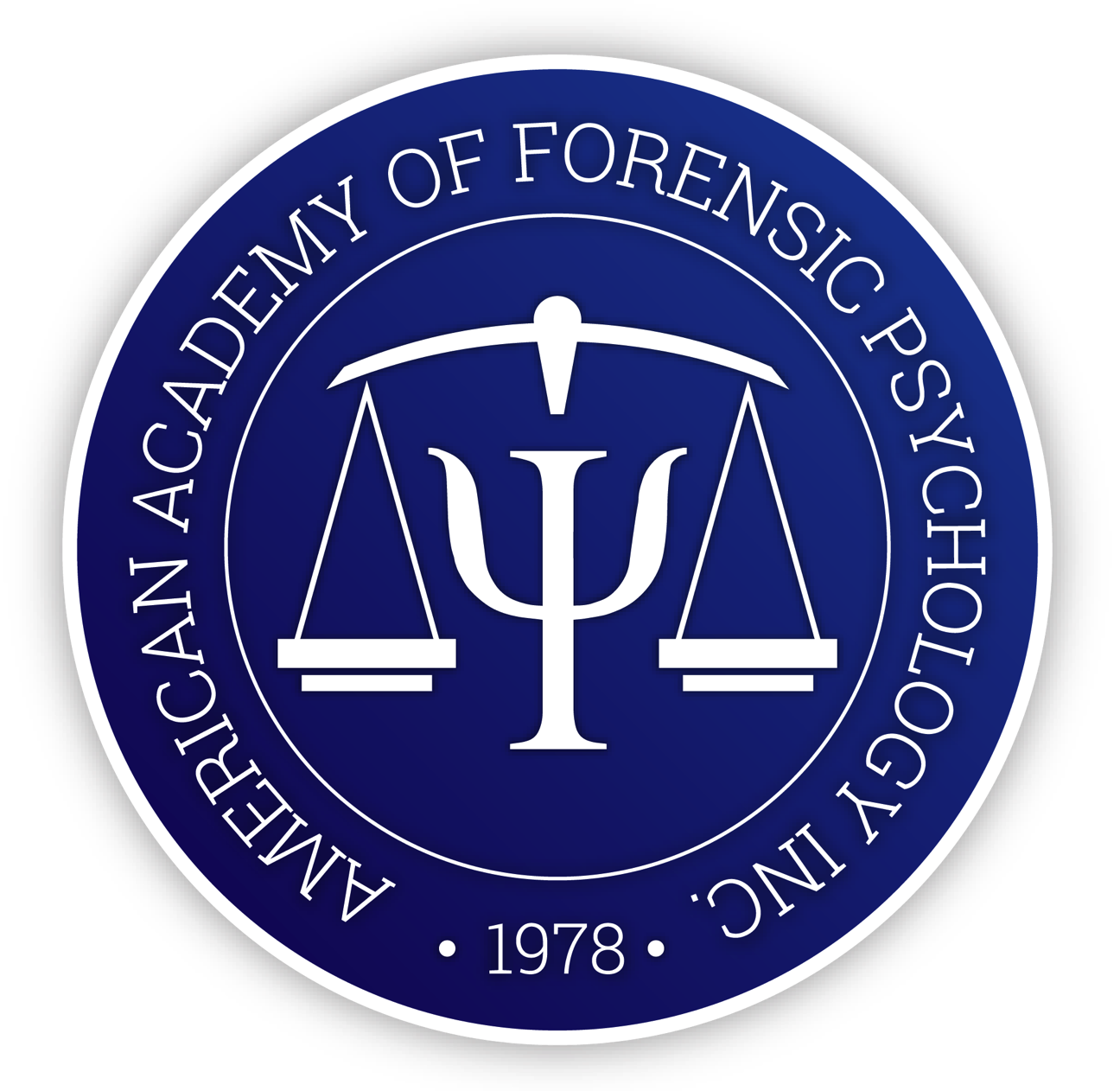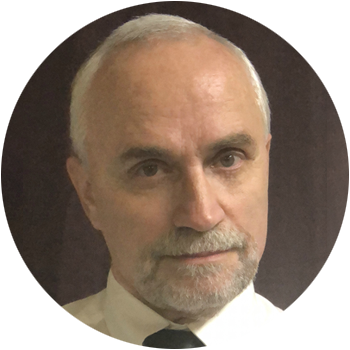3 Hours | 3 CEs
This on-demand professional training program on Advanced Topics in the Assessment of Competency to Stand Trial - Part 2: Neurocognitive Complications, Testing Considerations, and Data Caveats is presented by Terry Kukor, PhD, ABPP, and Lori L. Hauser, PhD, ABPP, in partnership with the American Academy of Forensic Psychology (AAFP).
This is Part 2 of a three-part workshop series that focuses on more nuanced topics and issues that arise in evaluations of competence to stand trial in adults. Symptoms (and signs) of various neurocognitive disorders are presented, and their impact on competency-related capacities is discussed. Careful selection of appropriate – i.e., relevant, useful, necessary – psychological and forensic assessment instruments is covered, including those situations in which testing may be unnecessary or unwarranted. Situations in which continuous clinical data must be mapped to dichotomous legal criteria are discussed in terms of how to best apply caveats and recommend accommodations for the court’s benefit. Case examples are used throughout to illustrate the concepts and encourage discussion among participants.
Participants are strongly encouraged to participate in the Part 1 training before registering for this event. Full event details can be found here.
This is not an introductory workshop series on competency assessment. The target audience includes forensic mental health professionals at any stage in their career, provided they have some basic understanding of the fundamentals of competency assessment.
There are three broad topical areas, each covered by presenting relevant content brought to life with case examples.
- Neurocognitive disorders - less emphasis on how to assess, but more focus on how to think about and account for them.
- Testing - emphasis on how to make decisions about using psychological testing and forensic assessment instruments
- Caveats - discussion on how and when to note caveats

Intended Audience
This on-demand professional training program is intended for mental health and other allied professionals

Experience Level
This on-demand professional training program is appropriate for beginner, intermediate, and advanced level clinicians.

CE / CPD Credit
APA, ASWB, CPA, NBCC Click here for state and other regional board approvals.
Learning Objectives
Upon completion of this program you will be able to:

Describe signs of possible neurocognitive problems that impact functional legal capacities related to competency to stand trial

Describe specific circumstances when psychological testing may be relevant/useful in addressing a particular question related to a CST evaluation, including situations in which such may be unnecessary

Describe situations in which evaluation results should be caveated and accommodations recommended for the court’s benefit

Curriculum
1. Foundations of Assessment
2. Case Examples in Psychological Evaluation
3. Tools and Considerations in Forensic Evaluation
4. Neurocognitive Factors and Case Applications
5. Practical Considerations and Conclusion
Develop a Specialty Area of Practice
Transforming mental health professionals into experts
Expert Instructors
Professional training developed and delivered by the field's leading experts

CE Credit
Earn CE credit for meaningful professional training that will elevate your practice
Convenience & Flexibility
Learn at your own pace, from wherever you might be!
Program Partner
American Academy of Forensic Psychology
We are proud to partner with the American Academy of Forensic Psychology (AAFP) for this training. AAFP is a non-profit organization of board-certified forensic psychologists whose mission is to contribute to the development and maintenance of forensic psychology as a specialized field of study, research, and practice. The Academy does this by providing high-quality continuing education workshops, providing a forum for the exchange of scientific information among its members, and conferring awards upon outstanding students and practitioners in the field of forensic psychology.

CE Sponsorship Information
Palo Alto University, Continuing and Professional Studies (CONCEPT) is approved by the American Psychological Association to sponsor continuing education for psychologists. Palo Alto University, Continuing and Professional Studies (CONCEPT) maintains responsibility for this program and its content. Palo Alto University, Continuing and Professional Studies (CONCEPT) is approved by the Canadian Psychological Association to offer continuing education for psychologists. Palo Alto University, Continuing and Professional Studies (CONCEPT), SW CPE is recognized by the New York State Education Department’s State Board for Social Work as an approved provider of continuing education for licensed social workers #SW-0356 and the New York State Education Department’s State Board for Mental Health Practitioners as an approved provider of continuing education for licensed mental health counselors. #MHC-0073. Palo Alto University, Continuing and Professional Studies (CONCEPT) has been approved by NBCC as an Approved Continuing Education Provider, ACEP No. 6811. Programs that do not qualify for NBCC credit are clearly identified. CONCEPT Professional Training, #1480, is approved to offer social work continuing education by the Association of Social Work Boards (ASWB) Approved Continuing Education (ACE) program. Organizations, not individual courses, are approved as ACE providers. State and provincial regulatory boards have the final authority to determine whether an individual course may be accepted for continuing education credit. CONCEPT Professional Training maintains responsibility for this course. ACE provider approval period: 11/22/23-11/22/26. Social workers completing this course receive (clinical or social work ethics) continuing education credits.


